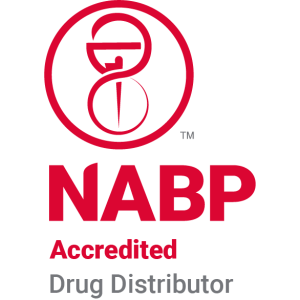
People who have chronic kidney disease have kidneys that cannot function in eliminating waste from their blood. This results in the buildup of waste which can cause extra health issues and put additional stress on the kidneys.
A number of the blood waste comes from foods that people eat so it can really help to follow a special diet to avoid such buildup. To slow the kidney disease’s progress, it is important to reduce the stress on the kidneys.
Foods which Add to the Waste Buildup in the Blood
The body needs the majority of the nutrients in the same foods that can cause a buildup of waste in the blood. However, if the kidneys are not working well, some nutrients can become an issue.
- Protein. Protein is important for building and maintaining healthy bones, muscles, skin, and blood. Also, it helps the body in combating infection and healing wound. If protein breaks down, it becomes waste products. Damaged kidneys cannot stop the buildup of this waste in the blood.
- Phosphorus. This mineral helps in keeping the bones strong and healthy. But even in early-stage chronic kidney disease, the blood’s phosphorus level can become too high. If the body has a high level of phosphorus, it can experience itchy skin. Also, this can result in the bones losing calcium. Foods that are high in phosphorus include peanut butter and nuts, dairy products like milk, yogurt, and cheese, dried beans and peas as well as drinks such as hot cocoa, cola, and beer.
- Calcium. The body needs calcium for strong bones. But, foods composed of calcium usually have phosphorus. Those who have chronic kidney disease may have to take calcium supplements that do not contain phosphorus.
- Sodium. Taking in too much sodium results in water retention. Such extra fluid can raise blood pressure as well as put stress on the kidneys and heart. Processed and packed foods are usually high in sodium.
- Potassium. This helps the heart and muscles work properly. Potassium is contained in foods like potatoes, avocados, tomatoes, melons, and bananas. If the blood has too much or too little potassium, it can go through some serious issues. People who have a chronic kidney disease may have to watch their intake of this mineral.
- Calories. It is important for a person with chronic kidney disease to maintain a healthy weight and support their body’s functions. While this can be difficult for most sufferers, limiting the amount of dairy, salt, protein, and some nutrients in the diet decreases food choices. Foods that a person takes before may not be healthy for him anymore. Also, the kidney disease may impact his appetite.
A physician can help in developing a diet plan which supports the kidney health. Independent Pharmacy Distributor, a pharmaceutical wholesaler in North Carolina, wants to emphasize that a diet plan is necessary as the diet may have to change while the disease and the medicine the sufferer takes change.
Tests to Measure the Impact of a Person’s Diet on his Kidney
There are some tests available to monitor how well the kidneys are working and if a person’s diet is decreasing the stress on his kidneys.
- Glomerular filtration rate test. The ability of the kidney to filter waste from the blood is measured by estimating the glomerular filtration rate (eGFR). Such test assesses the amount of creatinine in the blood. If the eGFR declines, the kidney function gets worse.
- Serum albumin test. This blood test shows if the person is taking in enough calories and protein. In case he is not, he is likely to be at risk of infections.
- Blood urea nitrogen (BUN). This measures the urea level in the blood. Urea is a waste left over as the body breaks the protein down. A high level of BUN may mean the person is consuming too much protein.
- Dipstick Urine Test. This test can disclose whether the functioning of the kidneys is slowing down. It measures protein wastes which build up if the kidney does not function well.





